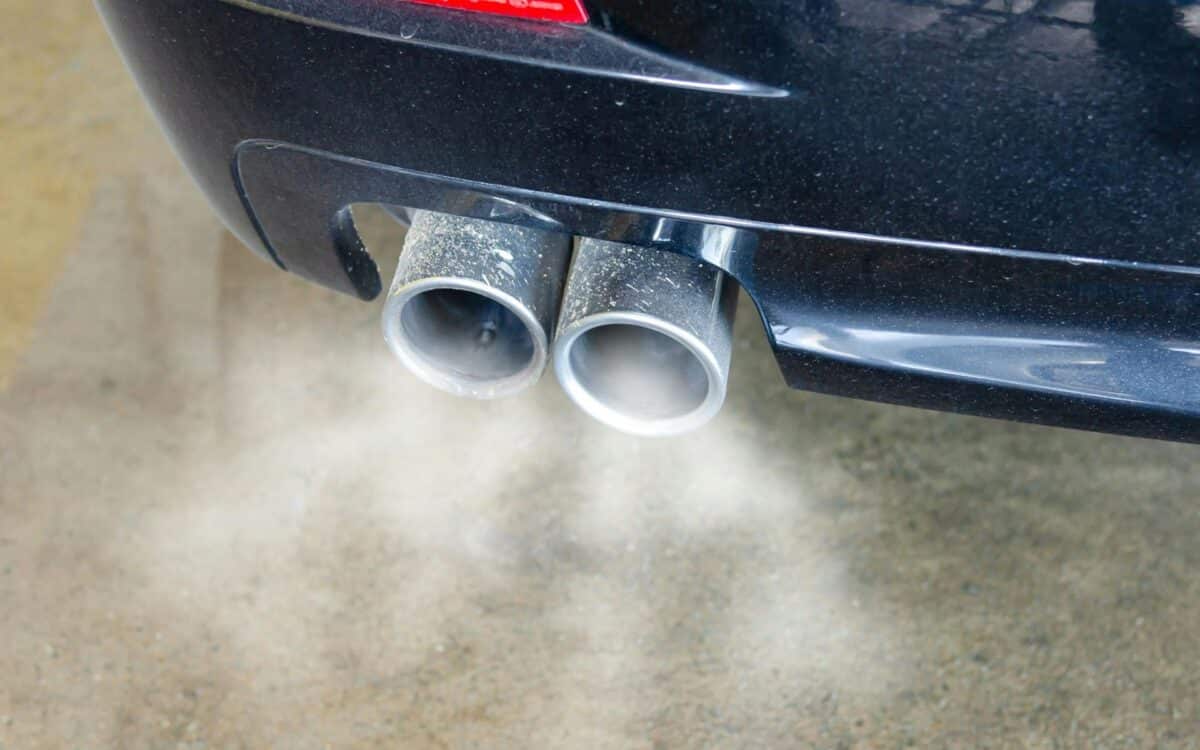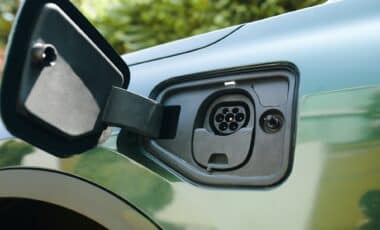The Australian government is preparing to introduce substantial changes to emissions regulations that will affect the automotive sector. These changes focus on the New Vehicle Efficiency Standard (NVES), which is expected to bring new challenges and opportunities for both car manufacturers and dealers.
According to CarExpert, the shift aims to address ongoing market pressures while ensuring stricter environmental standards. The new regulations are set to transform how vehicles are sold and tracked in the coming years.
Key Change to Emissions Policy
In a major shift, the Australian Government has announced that vehicle emissions will be counted at the point of sale rather than at the time of importation. This move is part of the broader revisions to the NVES, aimed at helping dealerships manage their stock and finances more predictably.
By making this change, car manufacturers will no longer be compelled to stockpile low-emission vehicles, which might not meet consumer demand. This is expected to reduce costs and inventory pressures on dealerships, providing a more stable market environment.
“Emissions should be counted when the vehicle is sold,” said Matt Hobbs, CEO of the Motor Trades Association of Australia (MTAA).
By looking to count the impact of CO2 at the point of sale, the Government will remove the temptation for car companies to push vehicles onto dealers, no matter the demand of consumers, just to hit a compliance number for a particular year.
This shift will allow dealers to sell vehicles based on actual market demand, providing them with more flexibility and reducing unsold inventory.
Emissions Targets and Penalties
The new emissions regulations will require carmakers to meet specific carbon dioxide (CO2) limits for the vehicles they sell each year. The standard for 2025 is set at 141g/km of CO2 for passenger vehicles (Type 1), with light commercial vehicles and heavy-duty SUVs (Type 2) facing a target of 210g/km.
These targets will gradually decrease over time, with more stringent caps set for 2029: 58g/km for passenger vehicles and 110g/km for light commercial vehicles and heavy-duty SUVs.
Manufacturers who exceed these CO2 limits will face penalties of $100 per gram per kilometer (g/km) for every vehicle exceeding the target. However, they will have the opportunity to earn emissions credits by surpassing their fleet-wide targets.
These credits can be used in future years to help meet stricter targets or traded with other manufacturers facing challenges in meeting their emissions goals.
Possible Strategies to Manage Costs
While these changes are intended to drive efficiency, the MTAA has raised concerns about the additional costs manufacturers will face.
How manufacturers will manage these additional costs remains uncertain. However, given the highly competitive nature of the market, passing the full cost onto consumers may not be a viable option for all manufacturers – the MTAA said
The MTAA suggests several strategies manufacturers might employ to manage the increased costs.
These include absorbing the costs themselves, trading emissions credits with electric vehicle (EV)-only brands, adjusting their product lineups to better meet market demands, and re-evaluating dealership structures to maintain profitability.
Regardless of the approach manufacturers choose, reduced profit margins will likely have an impact on dealerships, as the financial strain from these changes is expected to trickle down, making the already challenging business environment even more difficult.
Regardless of how these fines are managed, reduced profit margins for manufacturers will inevitably trickle down to dealerships, making an already challenging business environment even more difficult – the MTAA warns.
Dealerships, which operate on tight margins, may face increased financial strain, potential consolidation, or even closures if these pressures continue to rise.
Protections for Dealerships
Alongside the NVES changes, the Australian government has introduced stronger protections for automotive dealerships. These protections include enhanced safeguards under the Unfair Contract Terms and Unfair Trading Practice laws.
Additionally, the government has committed a $7.1 million investment in the Australian Competition and Consumer Commission (ACCC) to help enforce the Franchising Code of Conduct, with a new version of the code set to take effect on April 1, 2025.
Minister for Small Business Julie Collins emphasized that the ACCC’s more active enforcement and compliance efforts will target bad practices without increasing the regulatory burden on those businesses already operating in good faith.
These changes are designed to support dealerships in managing the challenges posed by manufacturers facing global market pressures and adjusting their operations in Australia.
Industry Reactions and Advocacy
These changes have been welcomed by industry figures who have long advocated for better protections for dealerships. James Voortman, CEO of the Australian Automotive Dealer Association (AADA), called the reforms a “major step forward” for Australian dealers.
He noted that the exit of Holden from the Australian market and ongoing legal disputes with manufacturers like Honda and Mercedes-Benz underscore the urgent need for stronger protections for dealerships.
The exit of Holden from the Australian market, along with the ongoing court cases between dealers and Honda and Mercedes-Benz, have underscored the urgent need for stronger protections – said Voortman.
He emphasised that dealers need fair treatment, reasonable contractual terms, and the ability to make business decisions with confidence.
These reforms deliver on that need.
Matt Hobbs also stressed that the government’s announcement is a culmination of years of advocacy by industry bodies such as the MTAA and the Victorian Automobile Chamber of Commerce (VACC). He said,
Today’s announcement recognises that Australian automotive retailers need a balanced approach as they deal with large companies who are facing global headwinds and considering their Australian operations.
The new regulations and protections are seen as essential for ensuring that dealerships can survive and thrive in an increasingly competitive and changing market.









